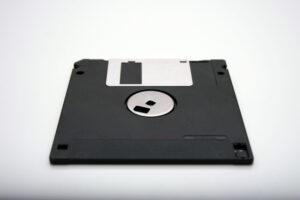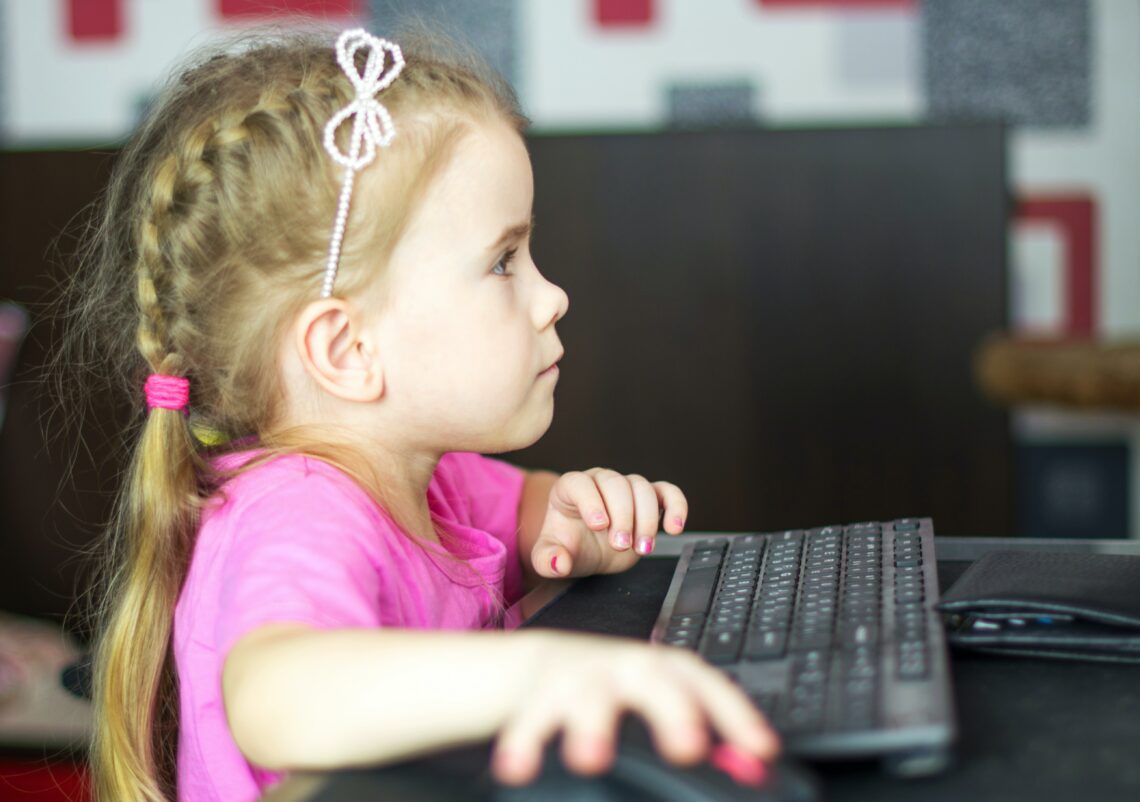The Ministry of Education defines digital literacy as the, “ability of individuals to appropriately use digital technology and communication tools to access, manage, integrate, analyze, and evaluate information, construct new knowledge, create and communicate with others” (B.C., 2021). The demands of 21st century education require complex and multiple digital literacies (O’Rourke, 2005) yet, the thought of integrating technology and digital texts into my future classrooms is intimidating. My personal usage of technology and social media is minimal but my digital knowledge and skills have come a long way since entering the Education program-two years ago. As I learn more about technology uses in the classroom, many personal biases I previously held have been eliminated and I now look forward to integrating varying modes of digital texts in my future classrooms in a meaningful way.
Early Experiences
My early educational experiences with digital learning and texts were lacking. Growing up in a small town in the 90’s, I did not have great access to learning technologies. I learned numeracy skills by playing Oregon Trail on floppy disc, Mavis Beacon taught me how to type, and Wikipedia assisted me on numerous research projects. The digital learning landscape has changed drastically since my youth and my personal and professional usage of technology for learning has evolved significantly.

Photo by Vincent Botta on Unsplash
New Skills
The arrival of COVID and resulting push to on-line learning caused me a lot of anxiety because I was nervous about how I would keep up with the changing landscape of digital literacy. Since entering the Education program, I have learned many new-to-me digital skills that will make me a more effective teacher. I have learned how to:
- create and collaborate with Google docs
- create a personal webpage
- teach coding basics
- implement gaming in education
- make a podcast
- create memes
- approach and understand digital literacy
- incorporate educational videos to enhance learning
- use assistive technologies to increase inclusion in the classroom
Two years ago, I did not have any of these skills and during my learning process, many old biases I held over technology integration have been shattered.
New Knowledge
I used to believe that technology use in the classroom could be distracting and result in passive learning. I have since learned that technology use, when intentional, will engage students-allowing them to explore and create, not just consume (Manning-Lewis, 2021). I thought that in order to teach digital skills, I would have to become a digital expert but I now know that I can provide opportunities for my students to critically engage with technology, while learning the skills myself (O’Rourke, 2005). I also used to believe that integrating social media in the classroom would be to the detriment of my students learning but I now see how these platforms can provide unique learning opportunities in digital literacy, online safety, and student engagement (Manning-Lewis, 2021). I have also learned the importance of displaying a growth mindset and showing my students that I am also an active participant in our co-creation of knowledge.
Moving Forward
Introducing various technologies and digital texts into my future classrooms will empower my students with opportunities for diverse ways of knowing, thinking, doing and being (O’Rourke, 2005). I feel encouraged by my own personal growth in digital competencies and I look forward to continuously learning and creating a technologically accessible and student-centered environment that encourages productivity, creativity, collaboration, and critical thinking.
References:
Manning-Lewis, T. (2021). Introduction to literacy in the digital age [Unpublished manuscript]. Department of Curriculum and Instruction, University of Victoria.
O’Rourke, M. (2005). Multiliteracies for 21st Century Learners. Snapshot, 2. Retrieved from: https://bright.uvic.ca/d2l/le/content/128692/viewContent/1140051/View
Province of British Columbia. (2021). Digital Literacy. Government of BC. Education and Training. Resources for Teachers. Retrieved from: https://www2.gov.bc.ca/gov/content/education-training/k-12/teach/resources-for-teachers/digital-literacy
